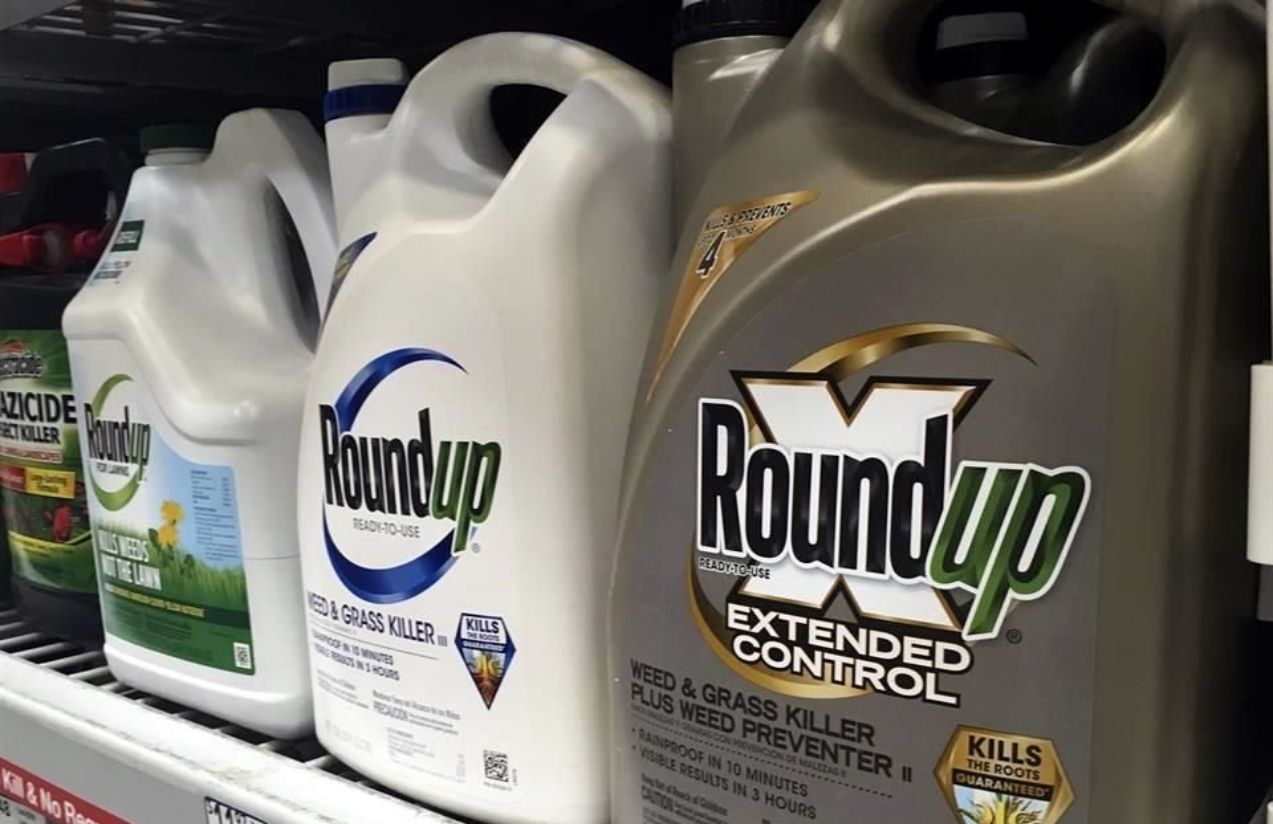A jury in the state of Georgia, United States, has ruled that the German group Bayer must pay $2.065 billion (approximately €1.9 billion) to a plaintiff who claimed to have developed cancer due to the use of the herbicide Roundup, which contains glyphosate. The verdict, delivered on Friday night, includes $65 million in compensatory damages and $2 billion in punitive damages, according to a statement from the law firms Arnold & Itkin and Kline & Specter, as reported by Bloomberg and Reuters.
Bayer has announced its intention to appeal the decision, which represents one of the largest settlements related to Roundup. The company, one of the world’s leading seed and pesticide manufacturers, has already faced court rulings totaling approximately $10 billion in compensation related to this product, which it acquired in 2018 with the purchase of Monsanto for around $63 billion. Despite winning 17 of the 25 trials concerning Roundup, it has received multimillion-dollar verdicts in the remaining cases. Additionally, more than 60,000 lawsuits are still pending, for which the company has set aside provisions of approximately $5.9 billion.
Bayer defends the safety and effectiveness of glyphosate-based products, claiming they are the most widely used herbicides in the world and offer both economic and environmental benefits. “Due to its long history of use, rigorous testing, and oversight, glyphosate is also one of the most studied herbicides worldwide,” the company stated.
In a statement cited by Reuters, Bayer expressed its disagreement with the jury’s verdict, arguing that it contradicts the overwhelming weight of scientific evidence and the consensus of regulatory agencies worldwide. “We believe we have strong grounds for appeal to overturn this verdict and eliminate or reduce excessive and unconstitutional damage awards,” the company said. It also noted that compensation amounts in cases that have reached final judgments have, on average, been reduced by 90% compared to the initial jury awards.
Bayer closed 2024 with losses of €2.552 billion, attributed to a valuation adjustment in its Crop Science division, which includes Roundup. Although this figure represents a slight improvement compared to the €2.941 billion in losses recorded in 2023, the acquisition of Monsanto has significantly impacted its stock market performance due to the associated legal risks. This purchase, the largest in Bayer’s 150-year history, also marked the biggest transaction by a German company, surpassing Daimler’s acquisition of Chrysler in 1998.




















